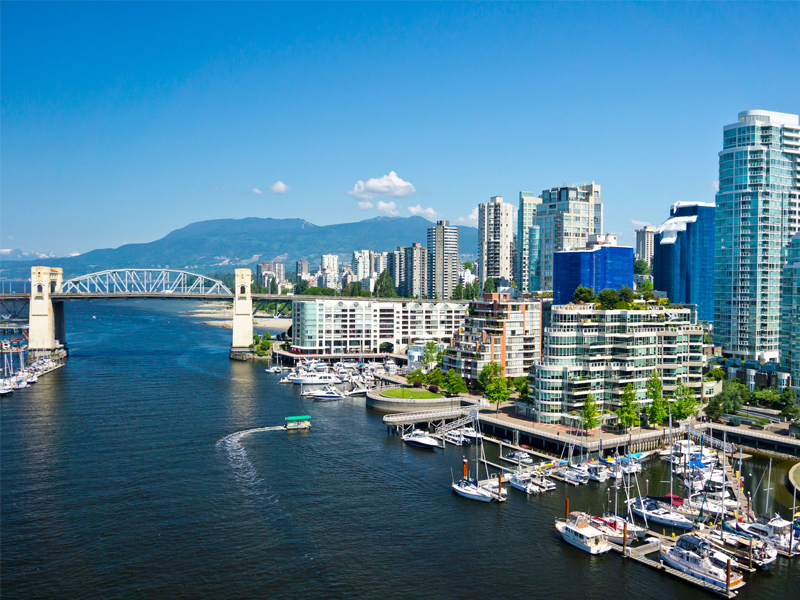
The federal government’s proposal to deny income tax deductions for short-term rentals, such as Airbnbs that don’t meet municipal registration requirements, could raise tax revenues by $170 million over five years, according to a report from the Office of the Parliamentary Budget Officer (PBO) released on Tuesday.
The Liberal government proposed the tax changes in last year’s Fall Economic Statement with plans to implement them in the 2024 tax year.
The PBO estimated the government would raise an additional $10 million in income taxes in 2023-24, $39 million in 2024-25, $40 million a year in both 2025-26 and 2026-27 and $41 million in 2027-2028, adding up to $170 million over five years.
One in 10 (or 971 out of 10,451) active short-term rental listings on Airbnb in Vancouver, Montreal and Toronto were unlicensed, the PBO found. The highest percentage of non-compliant listings was in Vancouver at 14%, followed by Montreal at 13% and Toronto at 4%.
The data came from data-scraping website Inside Airbnb in September 2023. It excluded listings with a minimum rental period exceeding 28 days, inactive listings and other compliant businesses such as licensed hotels or bed and breakfasts.
The average compliance level across Montreal, Toronto and Vancouver on Airbnb was assumed to apply in other jurisdictions and across other short-term rental platforms.
The PBO said the main sources of uncertainty for the estimate included a lack of listing data for other short-term rental platforms, a lack of data on deducted expenses by those operating unlicensed short-term rentals, and the Canada Revenue Agency’s capacity to detect such short-term rentals.